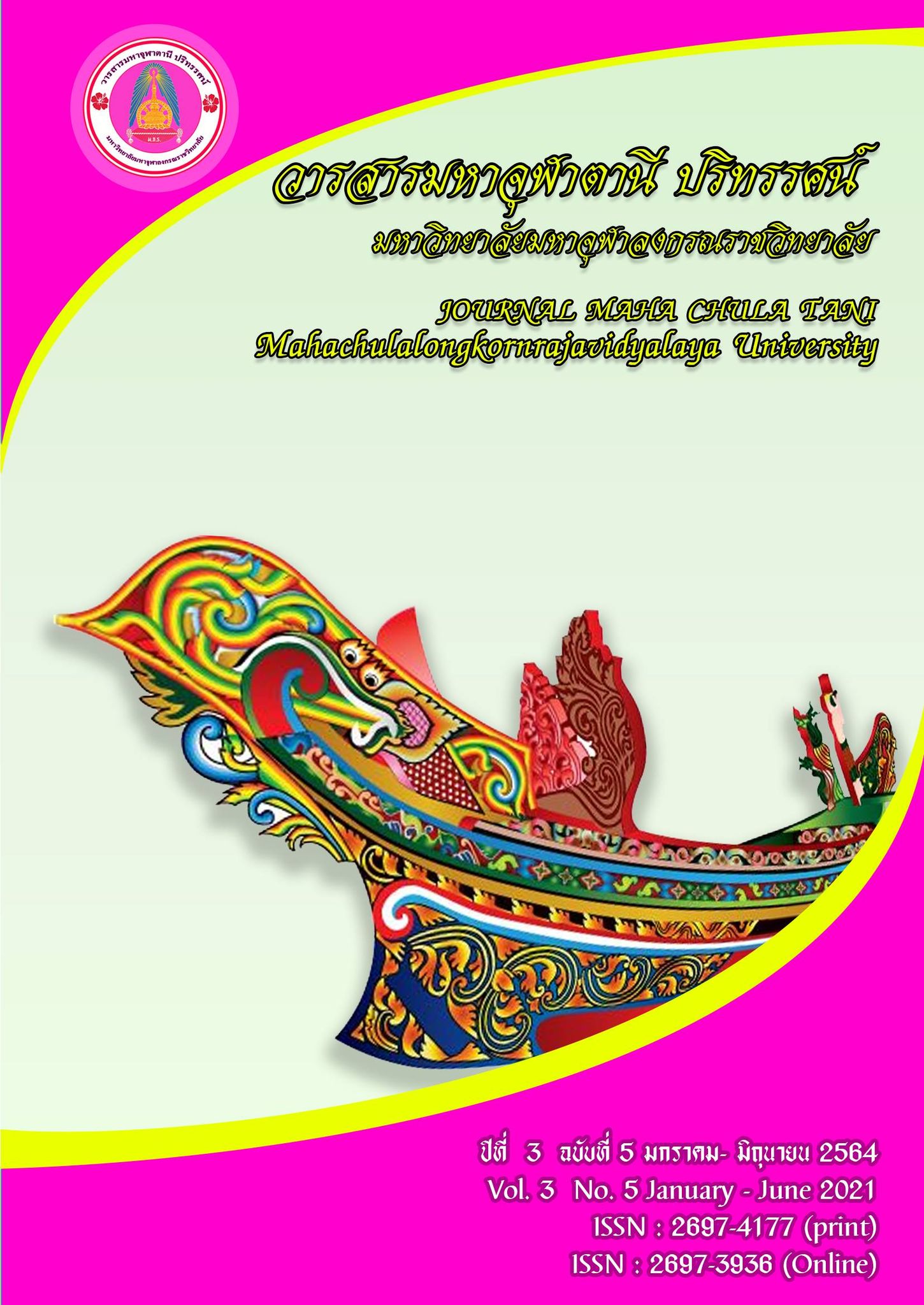Developmement Of Data-base for the Folk Scholars In Surin.
Main Article Content
Abstract
The research study of Development of a local philosopher database in Surin Province has 3 objectives as follows: 1) to study and develop the database of local scholars and knowledge of local scholars in Surin province. 2) to transfer the knowledge gained from the study in the form of presentations and transfer the various formats as a model for learning and applying in our lives 3) to create a system for disseminating knowledge that has been distributed to the public through the internet The research is a qualitative research that is based on documentary research, interviews and gathering data from the group of important informants which consist of 29 knowledgeable people in the community. There are 11 philosophers in agriculture and sufficiency economy, 2 scholars in religion, traditions and rituals, 2 scholars in folk music, 2 scholars in basketry, 3 scholars in the herb, 6 scholars in the herb, 6 scholars in silk, 5 in scholars. They were chosen by the specific selection method. The data analysis is divided into 3 steps according to the objectives of the research which are 1) analyze and develop the database of local scholars and knowledge of local scholars in Surin Province 2) analyze the principles of transferring knowledge from the study in the form of presentations and transfer of various forms to be a model for learning and applying. 3) analyze and create a system for disseminating knowledge that has been distributed to the public through the internet.
From the research, it was found that 1. The database of local philosophers and knowledge of local scholars in Surin Province shows that the local communities are the habitats of people who are connected to the geographic conditions and the social relations system that is based on the interaction between each other to be a means to have a good life together. Moreover, community development is a means of economic, social and cultural development for the locality. A community development exists in many aspects, including politics, economy, and society. Applying wisdom to benefit one's life to succeed can appropriately transfer the values of the past and the present. People who have knowledge and experience in any one subject that is well-known will be called a guru. The villagers who have knowledge in their own characteristics can develop their knowledge and improve their skills and apply it appropriately for the times and transfer knowledge, applying knowledge management methods to wisdom localities. This related to the collection of local knowledge that is scattered in individuals or documents to develop it systematically. This has been done by using information technology to help develop the knowledge base for collecting and storing data so that everyone in the community can access the knowledge and develop oneself to be an expert as well as working efficiently which will result in the community’s ability to work and have a good way of life in line with the local environment and the knowledge that is local wisdom as well. 2. The transfer of knowledge from the study in the form of presentation and transfer of various forms to be a model for learning and applying the knowledge that is in the person, arising from experience that is the result of learning from long experience and accumulation. It has been tried to improve and change until it is consistent with the cultural environment, traditions, and benefits for the community. For the local knowledge, that is a clear knowledge transmitted from a person through various methods, this kind of knowledge must go through the educational process and systematically storage so that those who want to study can use it immediately. This requires a knowledge management process to proceed 3. The system for disseminating knowledge that has been distributed to the public via the internet network shows that the related information was collected together systematically and the information that makes up that database must meet the objectives of the organization as well. For example, in the office; to gather information not only the contact phone number of the office but also the collection of all official documents. This part of the information will have related sections that are needed to be used later. The information may be about a person, things, places, or any events that we are interested in studying or may come from observation, counting or measurement including data in numbers, text, and images. All of them can be stored as a database and most importantly, all information must be related because we want to use it for future benefits.
Article Details

This work is licensed under a Creative Commons Attribution-NonCommercial-NoDerivatives 4.0 International License.


